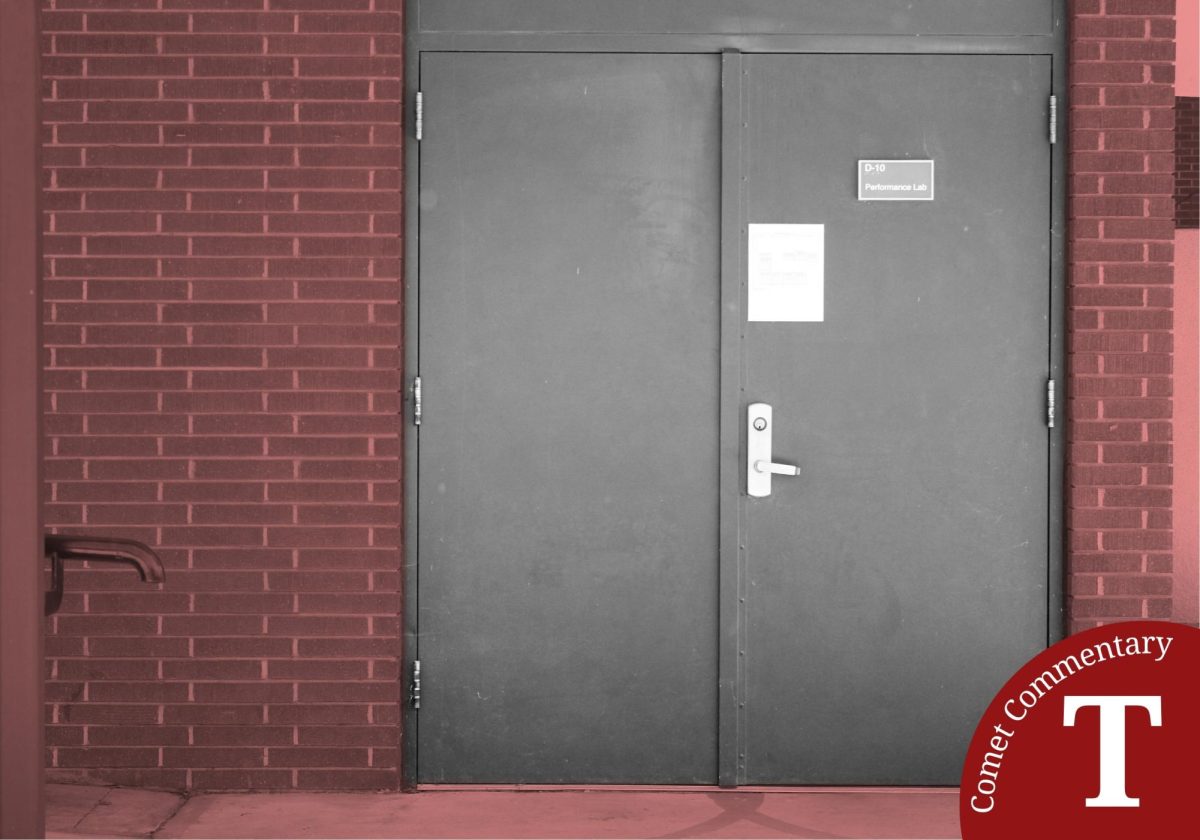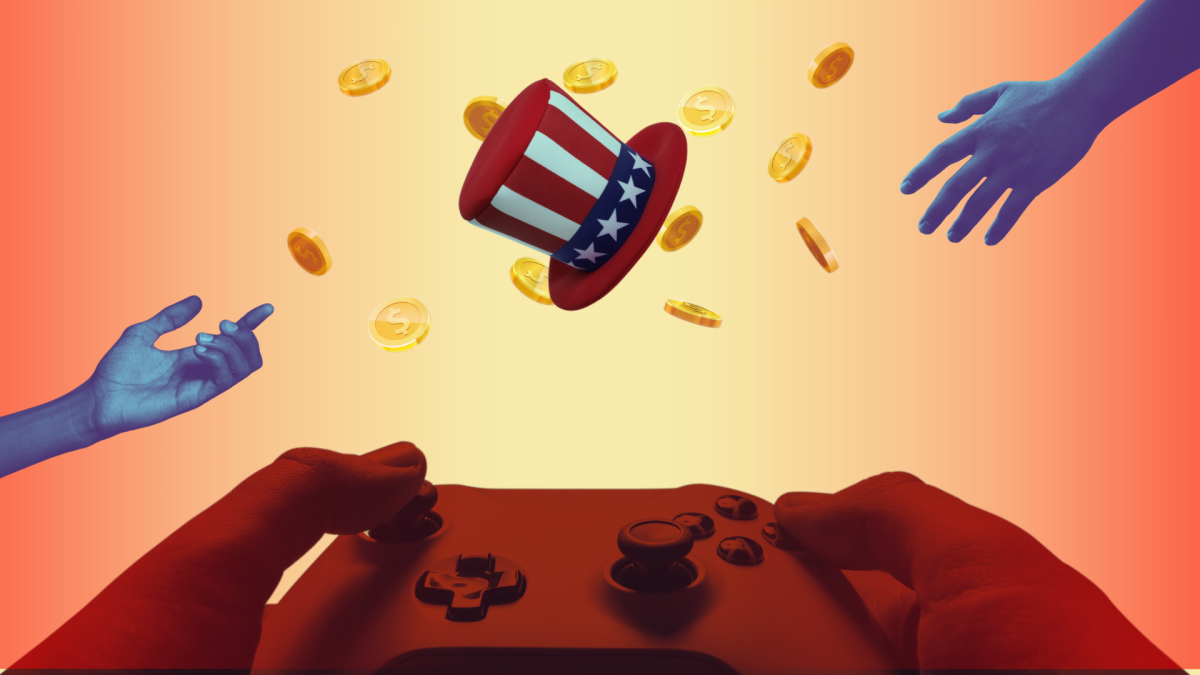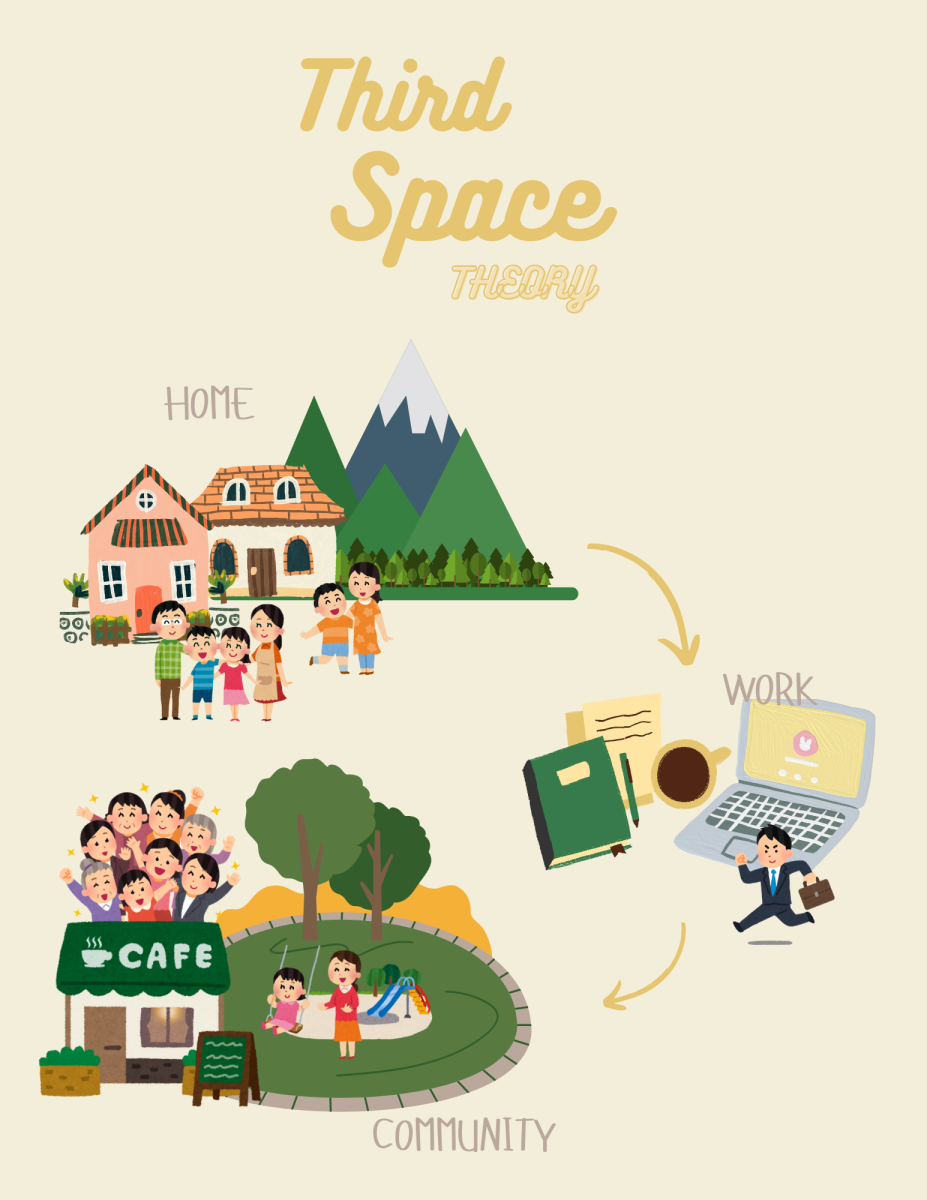
True love does not equate to the sharing of account information.
In a relationship it is natural to share your dreams, fears and lifelong goals with your significant other, but when it comes to your Facebook password, email login information, or the lock code to your smart phone, a line has to be drawn somewhere.
A recent Pew Research Center study found that 67 percent of Internet users in committed relationships have shared passwords to one or more of their accounts with their partners.
Giving access to your Twitter or Facebook should be a choice not an obligation. Your significant other is not entitled to know your email or social media passwords.
A relationship should be based on trust and my boyfriend should ask me a question and expect that I will answer him honestly.
He does not need my passwords because there shouldn’t be a need to verify that what I tell him is the truth.
According to Time Magazine, psychologists recommend keeping passwords private.
Psychologist Paulette Kouffman Sherman said, “partners can misinterpret messages to friends of the opposite sex and get overly involved with communications that have nothing to do with them or the relationship.”
Many friendships are platonic, but if a boyfriend or a spouse has access to his partner’s private messages through text or social networking websites he may misread those messages and get the wrong impression.
Another problem is that sharing passwords may impair each other’s personal space, independence and happiness in a relationship.
Kelly Campbell, Associate Professor of Psychology at California State University, San Bernardino, said “In relationships, we depend on each other for a lot of things, but it’s good and healthy to have some independence too.”
In addition, Campbell mentioned “The more you self-disclose, the happier you are. But the happiest couples have some degree of secrecy and privacy.”
Couples can be open and trust one another but they also are entitled to some privacy in the real world and the digital world.
In my experience, having that personal space makes a couple more likely to stay together.
However, if you and your significant other were to, heaven forbid, break up, sharing of passwords could be used against you.
Rosalind Wiseman, parenting educator and author of “Queen Bees and Wannabes,” talked about a high school student she worked with and what happened when his ex-girlfriend found his phone.
“She knew where he charged his phone during class and knew his password, so she went in and sent all sorts of texts to friends, to another girl he was talking to — it really created a lot of problems for him,” Wiseman said.
If you don’t think to change your passwords before a split, problems such as blackmail or disclosing private information for the world to see could also arise from a bad break up in couples that shared passwords.
So although most Internet literate people are sharing their email, social media and smart phone access information with their partners, having someone looking over your shoulder still does not promote trust, honesty and love.
Your significant other is not entitled to your passwords but you are definitely entitled to your privacy.












